What Types of Sources Can You Use?
Research papers draw on three main types of sources, and knowing the difference helps you choose the right ones for your assignment.
Primary sources are firsthand accounts or original materials. Think original research studies, interviews, historical documents, court records, or raw data. These are especially important if your paper requires original analysis or historical argument.
Secondary sources are works that analyze or interpret primary sources. Textbooks, review articles, journal analyses, and scholarly books all fall into this category. Most research papers rely heavily on peer-reviewed secondary sources, with primary sources reserved for papers that require original data or historical analysis.
Tertiary sources are reference works that compile or index information, encyclopedias, databases, and indexes. These are useful for getting background context and finding leads on better sources, but they're rarely cited in the paper itself.
Once you've found and evaluated your sources, you'll need to learn how to cite a research paper correctly to format your references.
Where to Find Sources for a Research Paper
Here are five methods that work, starting with the most accessible.
Google Scholar
Google Scholar is the fastest starting point for academic research across every discipline. Type your keywords into the search bar and you'll get results ranked by citation count, a rough indicator of influence and credibility.
A few things make Scholar particularly useful. You can see how many times an article has been cited, which tells you whether other researchers found it worthwhile. You can also access abstracts for free, even when the full article is paywalled. And Scholar is the best place to start the citation trail technique (more on that below).
Your University Library Database
Your library gives you something Google Scholar doesn't: full-text access to paywalled journals. Log in through your university's library portal and you'll unlock databases like JSTOR, PubMed, PsycINFO, and dozens of subject-specific collections, all for free as a student.
If your library doesn't have a specific article, use interlibrary loan (ILL). You request the article, another library sends it digitally, and you get it within a few days. It's free and most students never use it.
If you're writing a research paper literature review, your source-finding process goes even deeper. Start with a wider set of sources, then narrow as your argument develops.
Specialized Academic Databases
Different fields have dedicated databases that go deeper than Google Scholar. Here's a quick reference:
Database | Best For |
JSTOR | Humanities, social sciences, older journal archives |
PubMed | Medicine, biology, health sciences |
PsycINFO | Psychology and behavioral sciences |
ERIC | Education research |
LexisNexis | Law, legal cases, news |
Business Source Complete | Business, economics, finance |
If you know your subject, go straight to the relevant database rather than starting broad.
Government and Organization Websites
When your paper needs statistics, policy data, or public health information, official sources are your best option. Sites ending in .gov (like the CDC, NIH, or Census Bureau) and reputable international organizations like the WHO publish research and data that's credible, current, and free to use.
For a paper on public health, economics, or social policy, a government report can carry more weight than a secondary journal article pulling from the same data.
The Citation Trail Technique
This is a technique most students don't know about, and it's one of the most efficient ways to find credible sources your professor will approve of.
Here's how it works in three steps:
Step 1:
Find one strong, peer-reviewed source on your topic. It doesn't matter how you found it.
Step 2:
Scroll to its reference list. Every source it cites is a potential lead for your own paper.
Step 3:
Pull the most relevant references, read them, and check their reference lists too.
The citation trail technique is working backward from a source you trust. It is one of the fastest ways to find credible sources your professor will approve. Within an hour, a single strong article can lead you to 10 or 15 solid sources. You can also work forward using Google Scholar's "Cited by" feature to find newer papers that reference your original source.
How to Evaluate Whether a Source Is Credible
Not every search result qualifies. Before you add a source to your paper, run it through the CRAAP test, a five-point framework used by university librarians (as defined by Cornell University Library) to evaluate academic sources.
Criterion | What to Check |
Currency | Is it recent enough for your topic? (Science and medicine: aim for 5 years; history: older sources may be acceptable) |
Relevance | Does it directly address your research question, not just mention your topic? |
Authority | Is the author credentialed? Is it published in a peer-reviewed journal or by a reputable publisher? |
Accuracy | Does it cite its own sources? Has it been reviewed by experts in the field? |
Purpose | Is it written to inform and educate, or to sell, persuade, or advocate? |
Once you've run a source through the CRAAP test, a quick credibility checklist can confirm your read:
- Does it have a named author with credentials?
- Is it published in a peer-reviewed journal or by an academic press?
- Does it have a reference list or bibliography?
- Is the publication date clear?
- Does the content align with other credible sources on the topic?
- If your professor saw you citing this, would they approve?
That last question is the simplest filter. If you'd hesitate to show your professor the source, that hesitation is telling you something.
Which Sources Should You Avoid?
Knowing what to skip is just as important as knowing where to look. These source types should stay out of your reference list.
- Wikipedia
It is fine for background reading and finding leads. It's never an acceptable source to cite in academic work. Anyone can edit it, and it's considered a tertiary source at best.
- Personal blogs and opinion sites
They lack editorial oversight and peer review. Even if the author sounds credible, blogs don't go through the same verification process as academic publications.
- Social media posts
Don't belong in a research paper citation. Tweets, LinkedIn posts, and Reddit threads aren't scholarly sources, regardless of who wrote them.
- Predatory journals
They look legitimate but aren't. They publish articles for a fee without proper peer review. If you're unsure whether a journal is legitimate, check the Directory of Open Access Journals (DOAJ) or ask your librarian.
- Outdated sources
They can undermine your paper, especially in fast-moving fields. In medicine, psychology, or technology, sources older than five to ten years may reflect outdated understanding. In history or philosophy, older sources may be appropriate, use your judgment.
- Self-published books and AI-generated content
These sources without peer review haven't been vetted by editorial or academic standards. Unless there's a specific reason to cite them, leave them out.
Wikipedia is a useful starting point, but it's never an acceptable source to cite in academic work.
Running Out of Time on Your Research Paper?
Our expert writers find, evaluate, and cite credible sources for you.
Submit your order in minutes. Delivery as fast as 3 hours.
How Many Sources Do You Need for a Research Paper?
There's no universal answer, but there are reliable guidelines based on academic level and paper length.
- High school papers:
They typically require 3 to 5 sources. The focus is on learning to research, not exhaustive citation.
- Undergraduate papers:
Generally need 8 to 15 sources, depending on the assignment length and your professor's requirements. A 5-page paper and a 20-page paper have very different expectations, always check the assignment rubric.
- Graduate papers:
Theses often require 20 to 50 or more sources. At this level, you're expected to engage with the existing body of literature comprehensively.
A practical rule of thumb: aim for roughly one source per 200 words of body content, but let the assignment requirements guide you first. If your professor specifies a minimum, hit it. If they don't, use that ratio as a baseline and prioritize quality over quantity.
Five strong peer-reviewed sources will always serve you better than fifteen weak ones. A paper built on fewer, well-chosen sources with solid analysis is more persuasive than one padded with citations that barely support the argument.
Once you know how many sources you need, map them into your research paper outline before you start writing. Knowing which sections need supporting evidence prevents the last-minute scramble. You can also track your source count as part of a research paper checklist before you submit.
Conclusion
Finding sources for a research paper isn't about collecting as many citations as you can. It's about finding the right ones, sources that are credible, relevant, and strong enough to hold up your argument.
Start with Google Scholar and your university library database. Use the citation trail technique to move fast. Run every source through the CRAAP test before you commit to it. And when you're putting together your reference list, five strong peer-reviewed sources will always beat fifteen weak ones.
If you've got the sources locked in, your next move is mapping them into your research paper outline so you know exactly where the evidence lands before you start writing.
And if you're short on time or not confident your sources will meet your professor's standards, our experts handle everything from source research to final draft, written by verified human academics, Turnitin-verified, starting at $11/page.
Let Our Experts Write Your Research Paper
From finding credible sources to a polished final draft, we've got you covered.
- Zero AI, every paper written by verified human academics
- Turnitin plagiarism and AI report included on every order
- Starting at $11/page — no hidden fees
- Trusted by 5,000+ students for 15+ years
Deadline pressure? Get your paper started in minutes.
Place Order Now

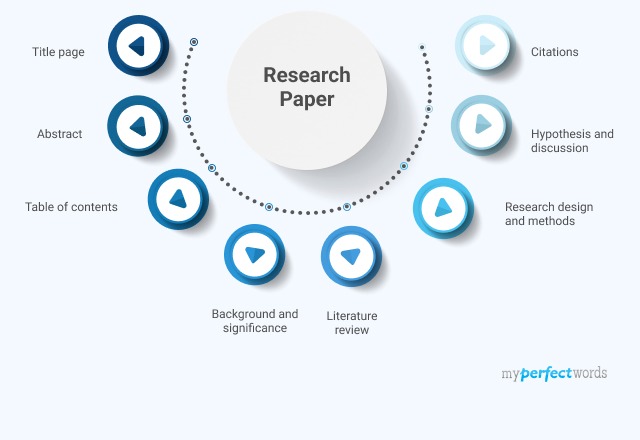

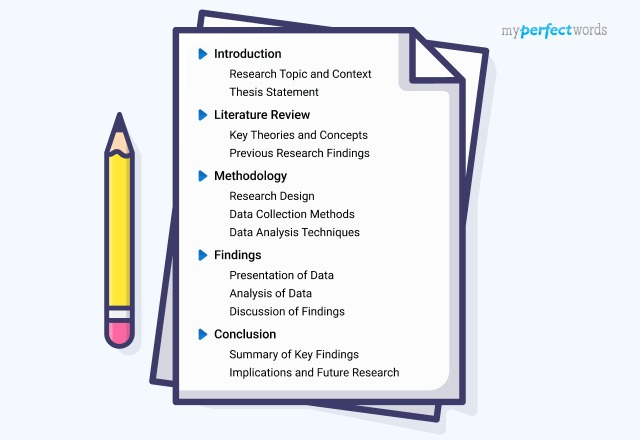
-9352.jpg)
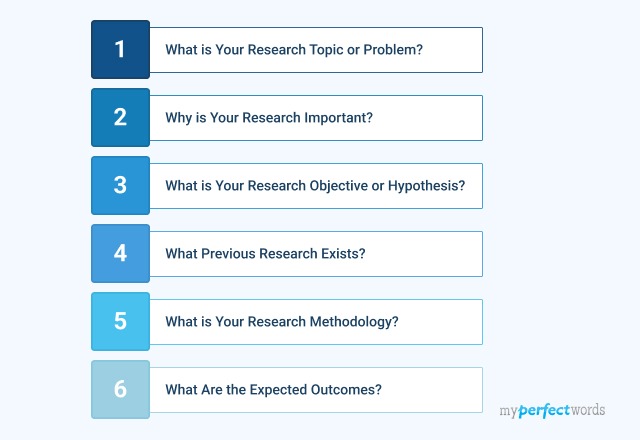
-9374.jpg)



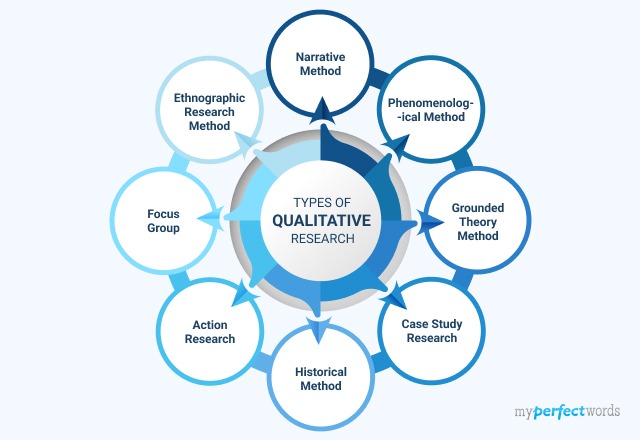














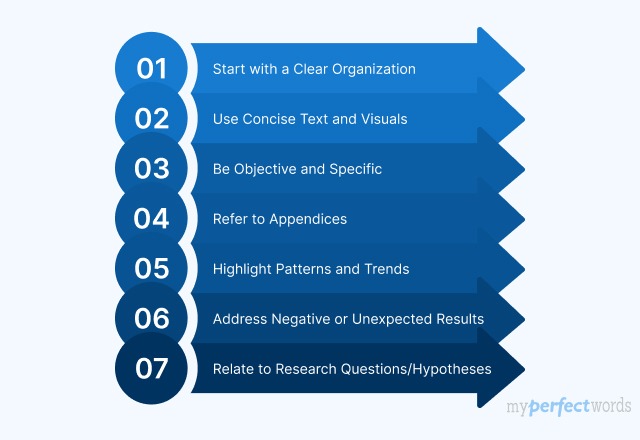

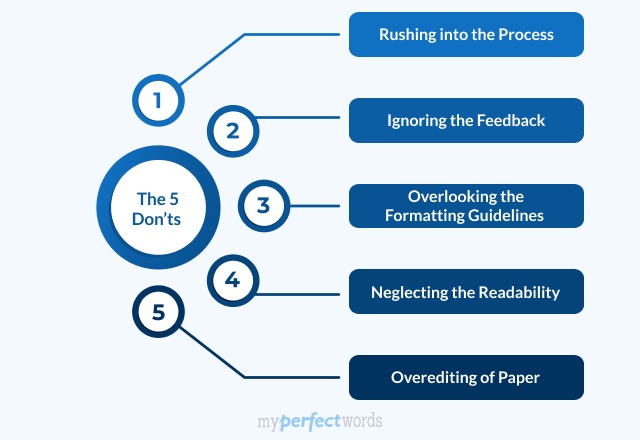
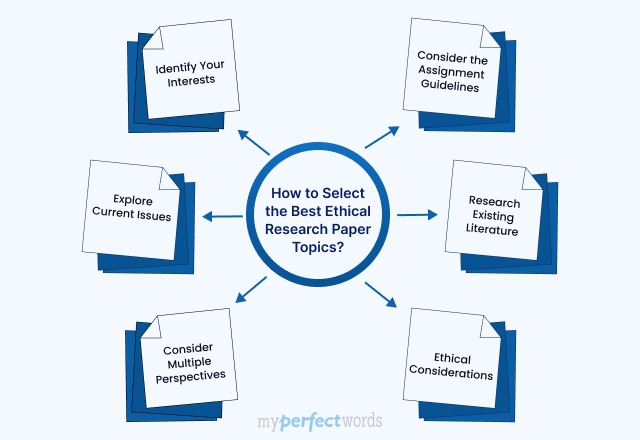

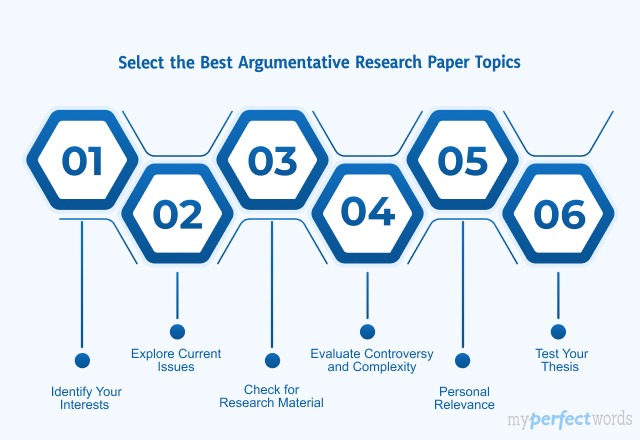
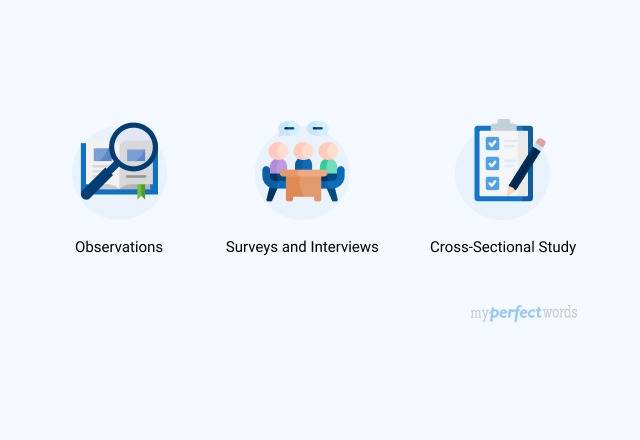
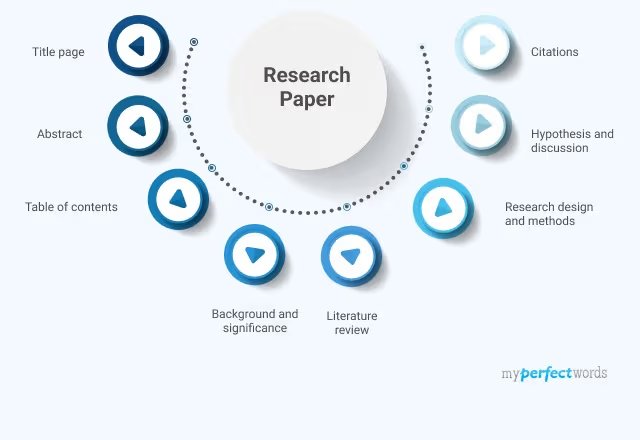
 (2))
)
 (1))
 (1))
 (1))
 (1))
 (1))
 (1))
-20419.png)
-20426.png)
-20431.png)